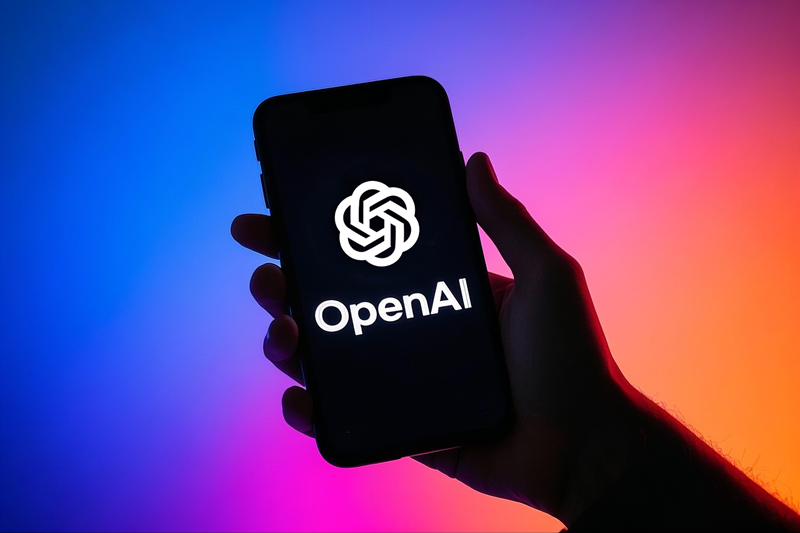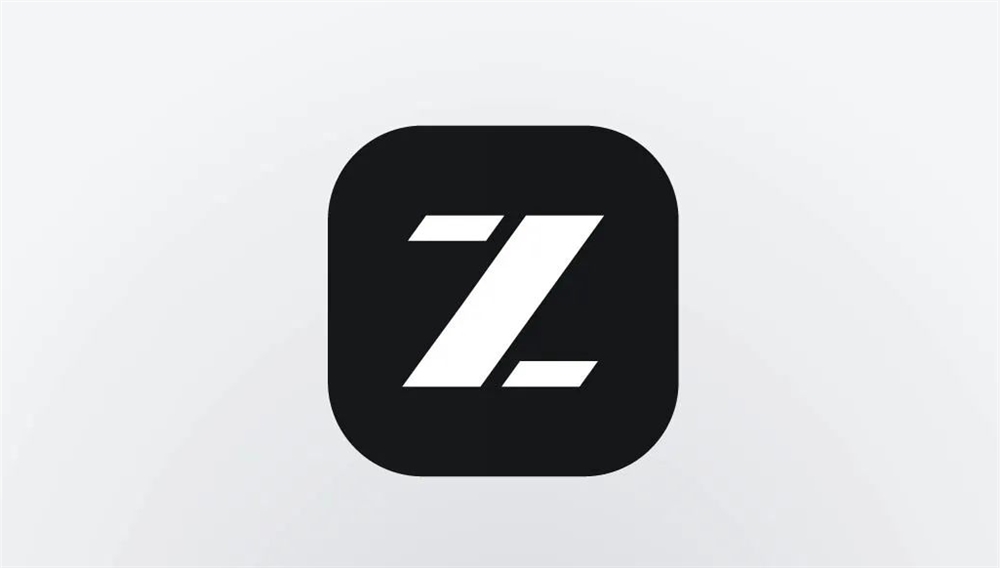Encode Organization Challenges OpenAI's For-Profit Shift
Encode Organization Challenges OpenAI's For-Profit Shift
The nonprofit organization Encode has initiated legal action against OpenAI, opposing its plans to transition into a for-profit entity. Encode, a co-sponsor of California's Artificial Intelligence Safety Act, contends that this change would significantly undermine OpenAI's original mission of developing and deploying artificial intelligence technology safely and for the benefit of the public.
Legal Actions and Statements
In a recent court brief, Encode's legal team expressed concerns that OpenAI's transition would contradict its foundational objectives. Sneha Revanur, the founder and president of Encode, criticized OpenAI for prioritizing profit over public safety. She stated, "OpenAI is internalizing the profits of artificial intelligence while externalizing the consequences to all of humanity. The court must intervene to ensure that AI development aligns with the public interest."
Encode's lawsuit has garnered support from prominent figures in the AI community, including Geoffrey Hinton, a pioneering researcher in the field, and Stuart Russell, a professor of computer science at the University of California, Berkeley.

OpenAI's Proposed Transition
OpenAI's plan involves restructuring its for-profit operations into a Public Benefit Corporation (PBC) based in Delaware. This new entity is intended to maintain OpenAI's mission as part of its public benefit criteria. However, Encode's legal representatives argue that such a transition would lead to a loss of control over OpenAI's original safety commitments, effectively prioritizing shareholder profits over the organization's responsibility to ensure the safe development of advanced AI technologies.
Concerns Over AI Safety and Public Interest
According to Encode's brief, once the reorganization takes place, the board of the nonprofit OpenAI will no longer retain the authority to cancel investor equity in the interest of safety. They emphasized that OpenAI had previously committed to avoiding competition with any safety-conscious projects that are on the verge of achieving Artificial General Intelligence (AGI). However, as a for-profit entity, OpenAI would have diminished incentives to adhere to such commitments.
The brief further articulates that the fiduciary duty to humanity, which OpenAI claims to uphold, would cease to exist under Delaware law, which does not mandate PBC directors to prioritize public interest. Encode argues that this legal framework would empower OpenAI to prioritize shareholder interests above public concerns, thereby jeopardizing AI safety.
Conclusion
Encode is calling on the court to support its efforts to prevent OpenAI from transitioning into a for-profit model, asserting that such a shift poses risks to AI safety and the broader public interest. This legal challenge highlights ongoing tensions concerning the direction of AI development and the balance between profit motives and ethical obligations in the technology sector.
Key Points
- Encode is legally challenging OpenAI's shift to a for-profit model, citing risks to public safety.
- The lawsuit has support from notable AI experts, emphasizing ethical concerns.
- OpenAI's transition could undermine its original mission focused on safe AI development.
